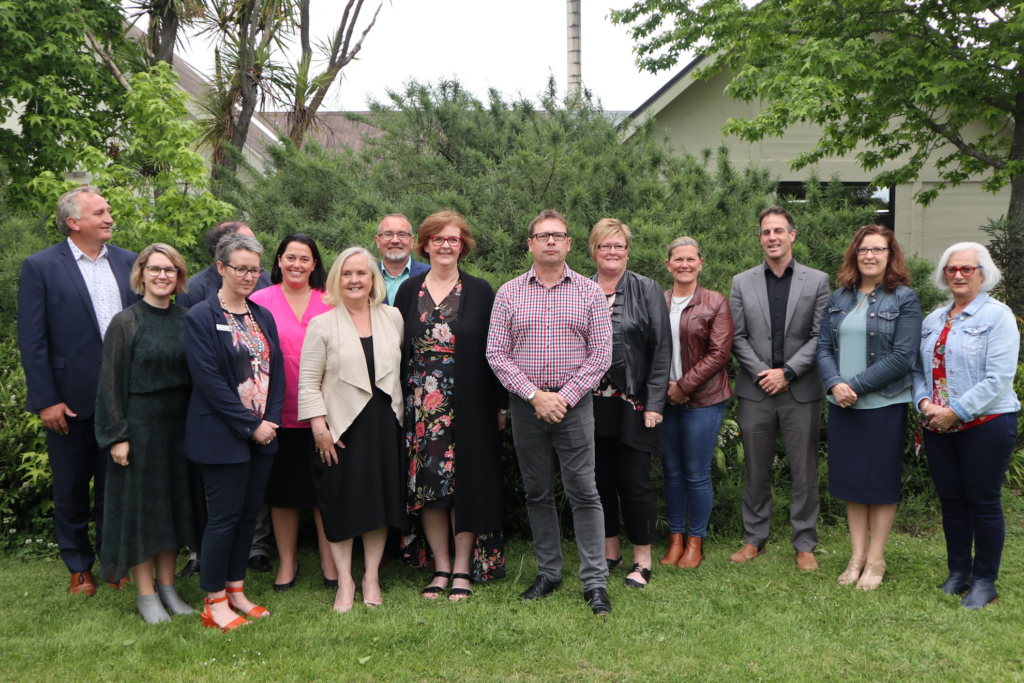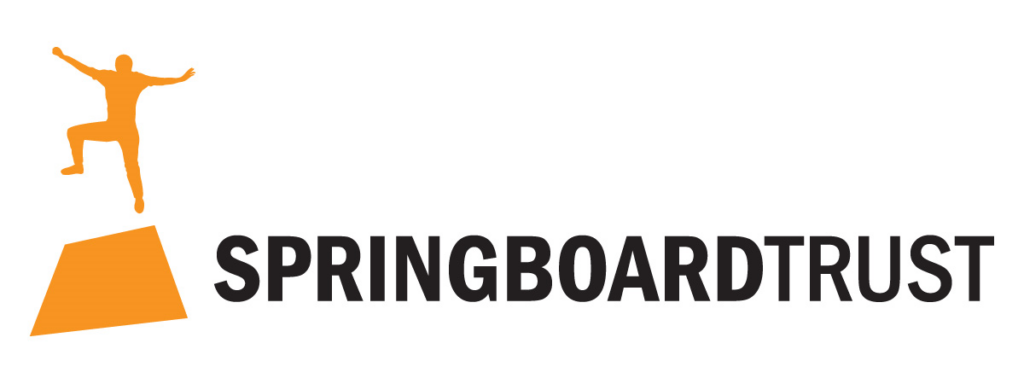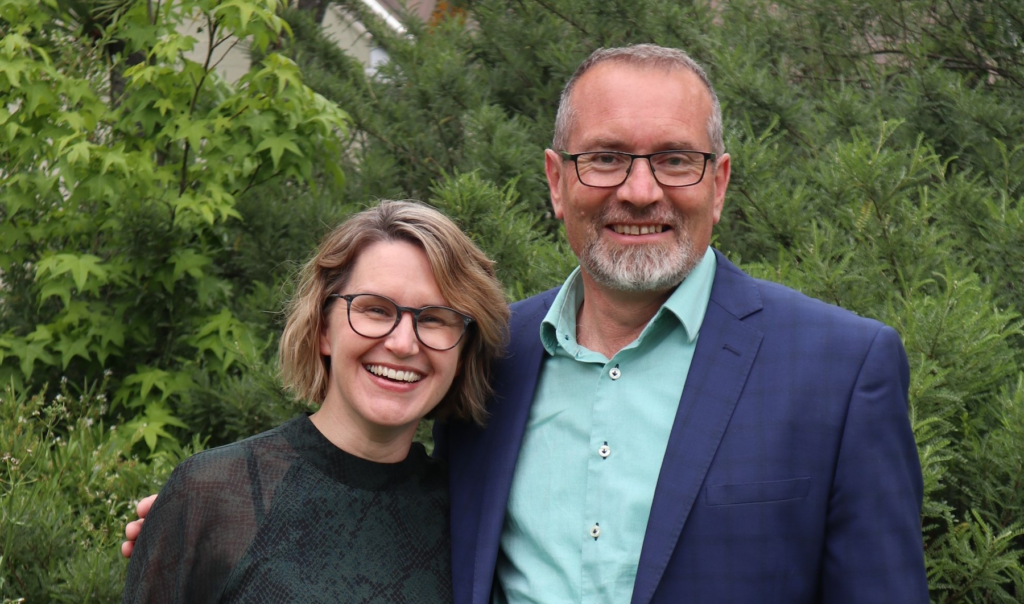There are many ways we give back to our communities – and for one in five New Zealanders, that takes the form of volunteering.
For IAG’s Tania Morgan-Smith, there were many reasons to volunteer with Springboard Trust. A labour of love, a tangible way to give back, a way to put her strategic expertise to use for the good of others.
Also, a naturally curious parent, she was thrilled to get a look at how principals worked day-to-day.
[This content forms part of our National Volunteer Week celebrations – head this way to check out the rest of our interviews, videos and infographics!]
Coming together
Initially, Tania thought Springboard Trust was too good to be true.
“I was referred by a work colleague who’d been a Capacity Partner (CP) the year before, and thought I would love it.”
“But from some initial social research, I couldn’t find anyone who had heard of Springboard. Once I found one of our Auckland team volunteered as a facilitator and spoke to them, I understood – and I couldn’t wait to start.”
“I loved that it was separate to the Ministry, and everyone I ended up speaking to about the work said the relationship they built with their principal was amazing.”
With 10 years of leadership experience, a background in coaching and a high dose of natural inquisitiveness and optimism, Tania leapt at the opportunity to partner with a principal.
“At a lot of organisations you do a volunteer day each year – but with IAG happy to have me work with Springboard Trust, I felt like this was a much longer-lasting way to give back.”
“Every single person is involved for the greater good, which brings a real honesty to the work.”
A rare kind of relationship
In Tania’s own words, her first meetings with her SLPP principal – Mark – were like an awkward blind date.
“As we figured each other out, we got a beautiful level of openness that I really appreciated – totally impartial and honest, which is really rare these days.”
Her work with Mark was in challenging him, reflecting with him and helping him overcome hurdles in his strategic development.
“I loved working with Mark and it was such a privilege to be so embraced by both him and his school community as one of their own.”
The two-way path of learning
A self-confessed overthinker, Tania found SLPP an invaluable opportunity to practice keeping things simple in a coaching and relationship-building environment.
“Corporate environments tend to lean on fancy language, but this programme is not academic – it’s organic.”
“It’s you talking to a principal, one human to another. Working with Mark basically helped me learn when to stop talking – to understand when he was opening up in a way he often couldn’t, and when it was my job to listen and help him simplify what was going on.”
“I want to help them capture how they feel, and help them respond to it – no jargon required at all.”
These are lessons that Tania has brought back with her to IAG, and used to help herself and others discover new development opportunities.
“Since doing SLPP, I’ve been promoted into a more strategic role. I thought that was going to mean more of that academic thinking, but it’s the opposite – it’s about stepping back, doing less so you can achieve more – applying what I tried to help Mark with to my own role.”
“It’s made working with SBT such a huge win-win, being able to give back while also gaining some pretty groundbreaking personal and professional development myself!”

Unique opportunities for connection
As Tania explains, there was also a massive third benefit to volunteering with Springboard Trust – the connection with other Capacity Partners.
“You work with the most diverse range of businesses in SLPP. Air New Zealand, Conservation, Sports New Zealand and small business owners – people I would otherwise have never had the opportunity to work with.”
“Everyone’s had the typical networking experience, where everything feels a bit false – SLPP is nothing like that. Every single person is involved for the greater good, which brings a real honesty to the work. It’s people being their real selves!”
Seeing the role for what it truly is
Through SLPP, Tania noticed a common thread between Mark and other principals – that they often undersold their capabilities.
“I was surprised by how many don’t see themselves as leaders, using statement like ‘never left school’ and underplaying their role. Their role is massive! It might be innate humility, or maybe true servant leadership – either way, actually seeing behind that curtain gave me so much respect for everything they do. They give all of themselves to the work.”
I just wish their own view of principalship matched more with how I feel about it!”
Back for round two
In 2020, Tania has returned to volunteer with Springboard Trust – and she’s brought some great metaphors with her.
“Why wouldn’t I come back? The first time is like the burnt pancake – it’s still good, but it’s never the best. Now that I’ve done SLPP once, I want to give it another shot and develop more. IAG has been super supportive of this too – there’s been no barriers at all to coming back.”
The second time around, Tania is spending more time sitting with what her principal – Bruce – is saying and trying to challenge him in a constructive way.
“Last year it would take me a couple of tries to properly take something in – this year I’m more familiar with the content of the workshops, so can focusing on being present, clearing my head and giving my all.”
But of course, the COVID-19 pandemic has made being present a little more difficult. Bruce and Tania enjoyed the switch to virtual conversations o far and, based on their first remote workshop, there are still no real barriers to development ahead.
“I’m told we should never waste a crisis, so using this time to notice how Bruce and his school community rally has been invaluable. How you uniquely are is how you respond to a situation – and for Bruce and I, we’re both here to help each other. There’s no stopping that!”
“It’s made working with SBT such a huge win-win, being able to give back while also gaining some pretty groundbreaking personal and professional development myself!”
Tania Morgan-Smith, IAG
Find out more about how you can help New Zealand schools









